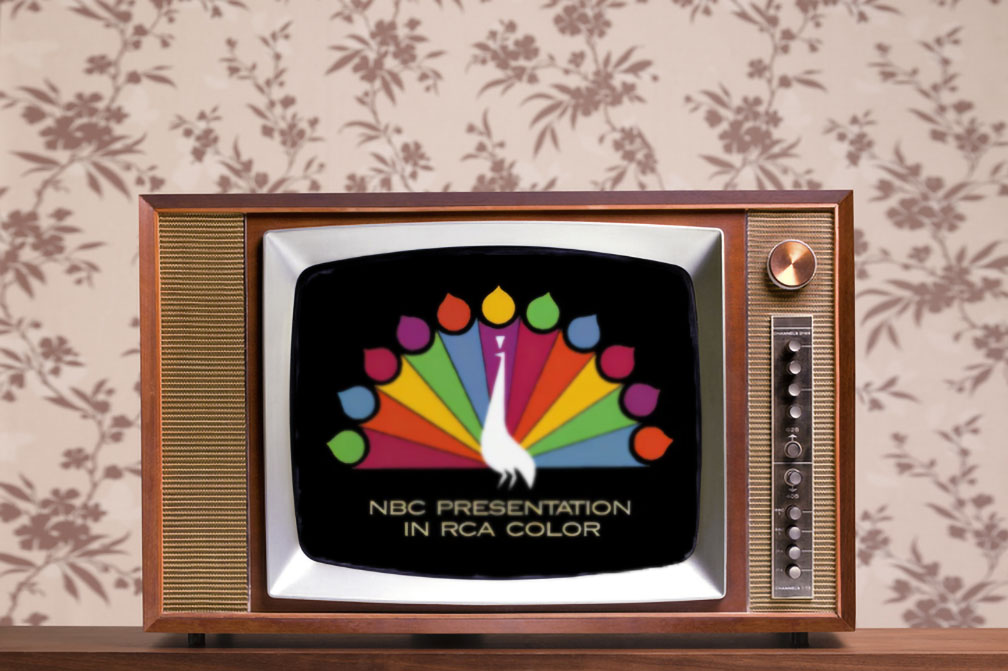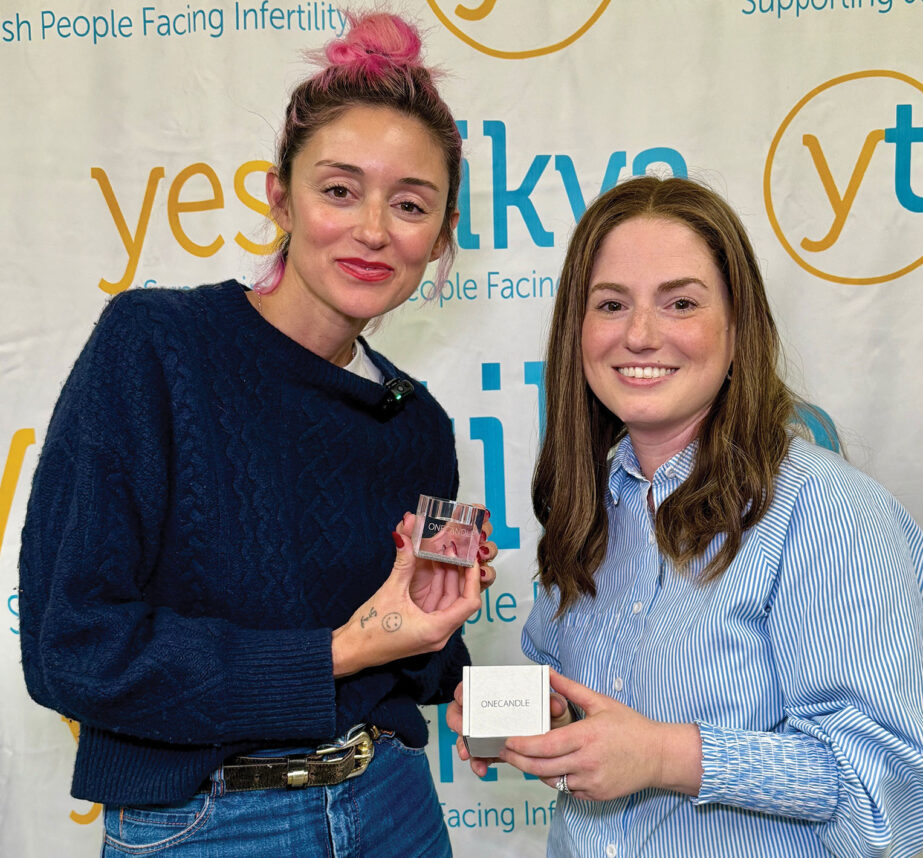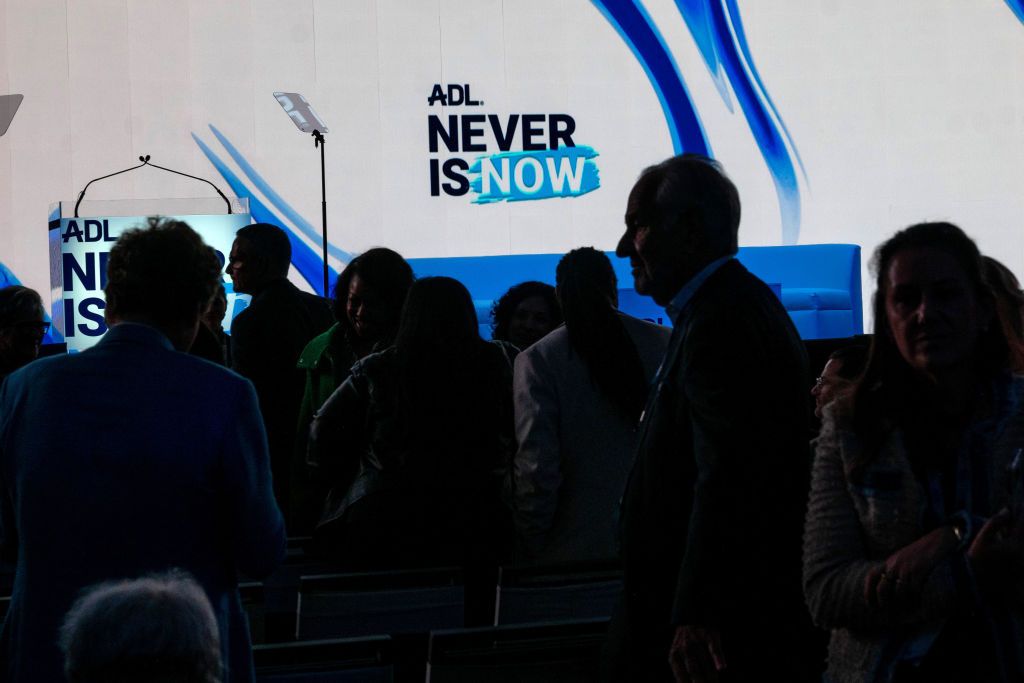Down in Texas, the Rangers have an All-Star second baseman who has added flavor and flair to the 2010 season, helping propel his team to the World Series for the first time in its history. And with a name like Ian Kinsler, he might just be …
Well, there’s no Star of David-shaped asterisk next to Kinsler’s name in the media guide or program. On the field he wears a cap, not a kipah.
So how can you know for sure?
Ask Shel Wallman and Ephraim Moxson, co-publishers of The Jewish Sports Review, a bimonthly publication that has made it its business to research and name the Jewish players.
Their verdict: Kinsler qualifies as an heir to Hank Greenberg and Sandy Koufax.
“Ian came up to the big leagues in 2006,” Wallman says. “Early in the season his uncle contacted Martin Abramowitz, who puts out the Jewish Major Leaguers baseball cards. Martin called me and I called the uncle, who then contacted his brother, Ian’s dad.”
Wallman discovered that Kinsler, whose father is Jewish, had “had no objections” about being included in the magazine.
For 13 years, Wallman and Moxson have been helping to define the relationship between Jews and baseball by connecting the “just gotta know” fan with what he or she desires most: the names, teams and stats of Jewish ballplayers.
In its bar mitzvah year, the print-only Review quietly rounds the bases waving an “ultimate guide” of “who’s a Jew” in American baseball. Its pages often are the place where the words “Jew” and “baseball” come together around a player’s name for the first time.
To keep their 1,000 paid subscribers in the know, in addition to updating each issue with Jewish baseball items, they pack two issues a year with annotated lists of every Jewish player from high school to pro that they can identify.
“We’re on the prowl for Jewish athletes,” Wallman says from his Manhattan home.
That’s why he started the publication—to satisfy his “curiosity to know who the Jewish athletes are,” he explains.
“We make the calls” about who’s Jewish and who’s not, Moxson says from his home in the Pico Robertson-area of Los Angeles, cautioning that “you can’t identify the Jewish player by name alone.”
“Somebody once called complaining about David Eckstein,” Moxson recalls. “They wanted to know why with such a Jewish-sounding name, we didn’t include him.
He adds, “Not every player with a last name of Schoenfeld, or even Levine or Cohen, is a Jew.”
Moxson says he attempts to make contact three times with each prospect, noting that “Not every Jewish player wants it to be known they are Jewish.”
“We respect that,” he says. “Most like the attention, though.”
Before Wallman and Moxson could publish which players were Jewish, acting like a sort of baseball beit din, or religious court, they needed to draw a definitional line of “Who is a Jew.”
“One of the player’s parents has to be Jewish,” Moxson says. “The player also has to acknowledge their Judaism. And they can’t be practicing any other religion.”
Each year, definition in hand, they name names. In the 2010 Professional Baseball Review issue, they list such well-known players as Kinsler and Kevin Youkilis of the Boston Red Sox, along with lesser-knowns such as pitchers Craig Breslow of the Oakland A’s and John Grabow of the Chicago Cubs. They even list the more obscure Jewish players toiling in the lower rungs of the minor leagues.
In the 2010 College Baseball All-America Team issue, no division is too obscure or beyond their research reach—and they also cover NCAA women’s softball.
In fact, there are so many Jewish college baseball players, they added an honorable mention category.
According to Moxson, who handles the subscription list, most of the Review’s readers are older than 50. For them, he says, baseball is a “way of becoming an American.”
For Wallman and Moxson, the endless hours of scanning team rosters, and chatting up coaches and athletic directors has paid off with a call from Cooperstown.
No one is sketching them for a bust. But in 2004, they were invited by the Baseball Hall of Fame it speak on a panel titled “American Jews in the American Sport.”
“I still have the T-shirt,” Moxson says.
Ron Kaplan of “Kaplan’s Korner,” the syndicated Jewish sports columnist of the New Jersey Jewish News, says Jewish Sports Review is “a good starting point.” But, according to Kaplan, there are other places online like the Jewish Sports Collectors Yahoo! Group where he can “send questions” to get answers about who is a Jew.
Jewish Sports Review “is a good example of how sport and identity come together,” says Wayne Wilson, whose LA84 Sports Library is a subscriber to the Wallman-Moxson publication. With their list-oriented format, Wilson says, “You can see the magnitude of the phenomenon.”
The duo calls their work a “labor of love.” Since its premiere, the annual subscription rate for six issues has remained $36.
“We’re not making any money on this,” says Wallman, who notes that both he and Moxson are retired.
Price isn’t the main issue they hear about. At the Cooperstown conference, a guy who looked “very frum,” or Orthodox, didn’t like their definition of who is a Jew.
“The mother needs to be Jewish,” Moxson remembers the guy saying. “My partner told him to start his own magazine.”
Being included in a publication like the Jewish Sports Review seems to have an impact beyond its subscribers.
“I don’t think Kinsler would have ever told anybody,” Moxson says. “And now guys like him, [Ryan] Braun, Brad Ausmus and Shawn Green, who we covered since high school, the Jewish community has taken them in.
“Turns out these kids were proud of their heritage, and the community has picked it up. They kvell over them.”






















 More news and opinions than at a Shabbat dinner, right in your inbox.
More news and opinions than at a Shabbat dinner, right in your inbox.